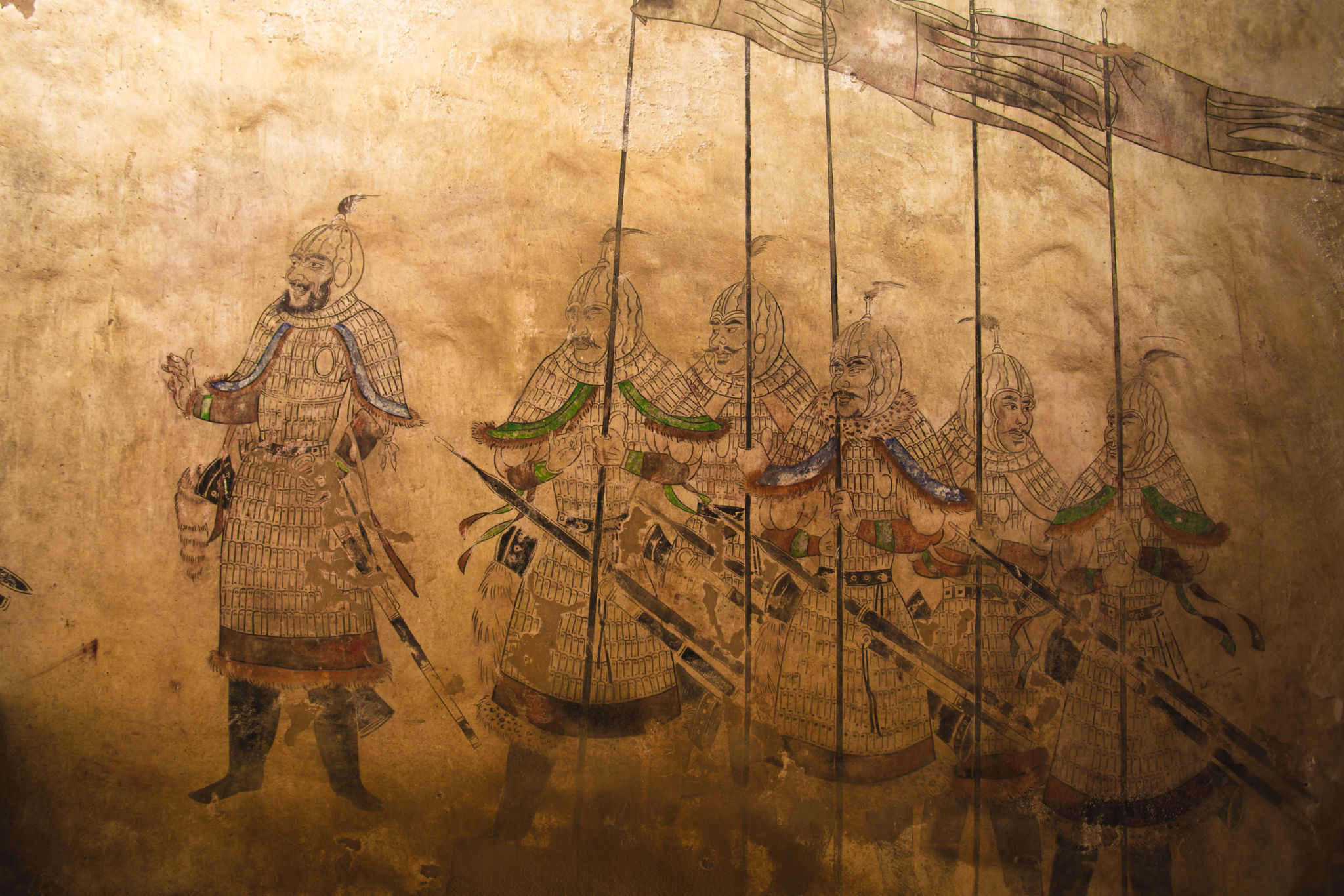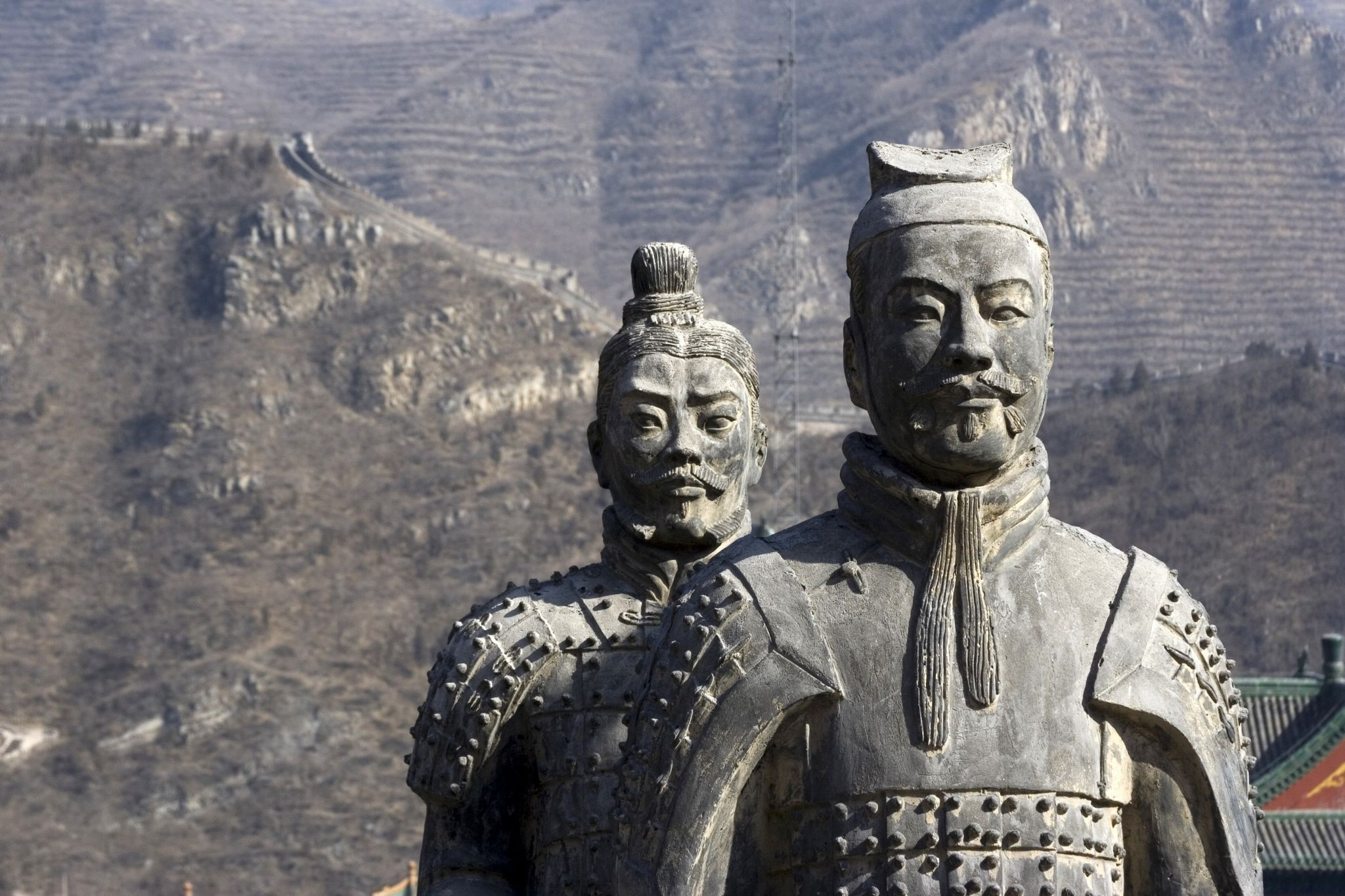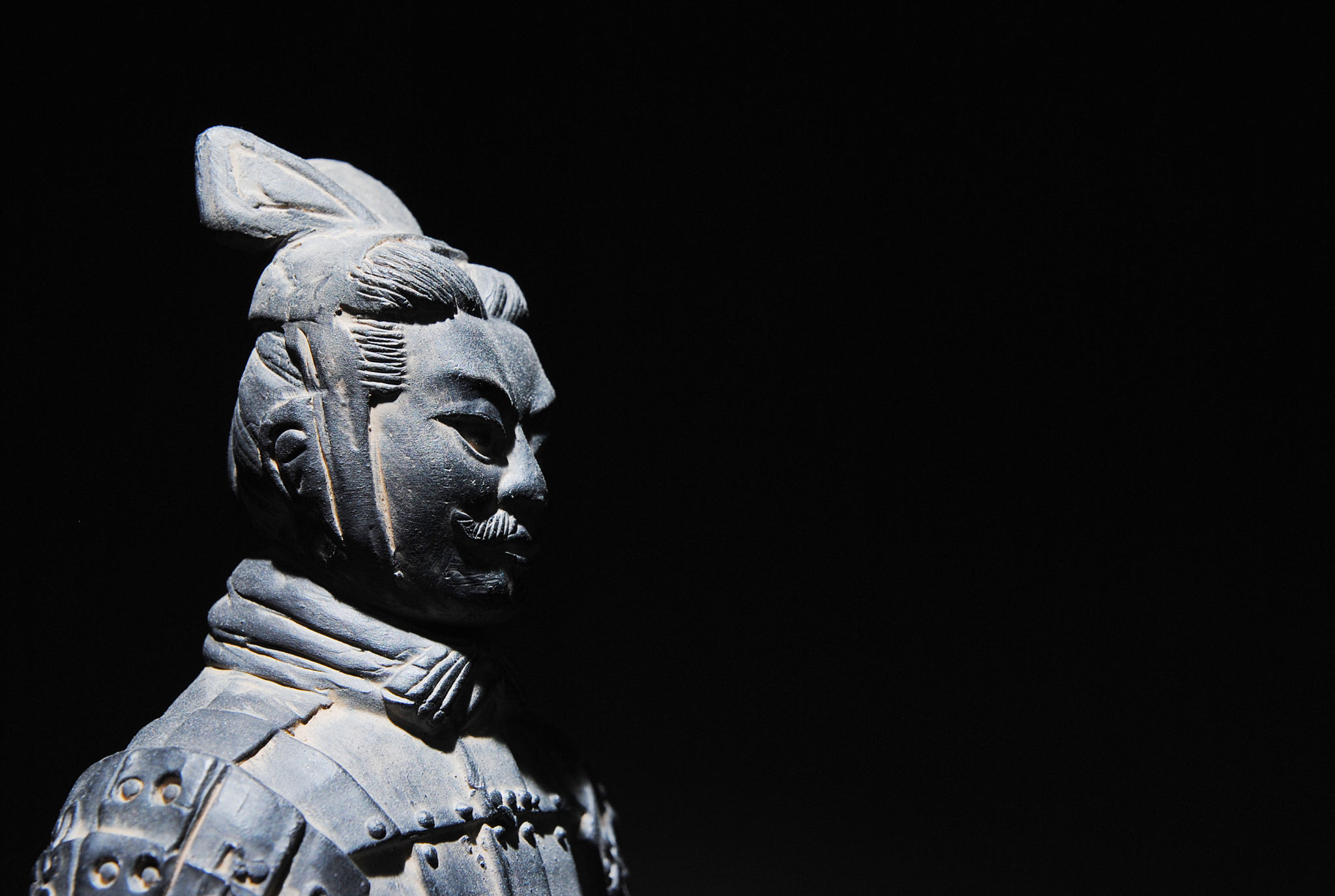Friday Book Review: 'The Art of War' by Sun Tzu
TS
The Art of War by Sun Tzu
What a book! A timeless piece of military strategy and philosophy that has transcended its historical context to become one of the most influential works in various fields, from military tactics to business and personal development. It has been in our office as a staple reading for all interns. Written over two thousand years ago, its teachings remain remarkably relevant, offering wisdom on conflict, leadership, and decision-making. In fact, we invite all our life coaching and counselling clients to read it before commencing book journeys with them.

Overview
At its core, The Art of War is a concise and focused guide on how to approach warfare in a way that maximises effectiveness while minimising unnecessary harm and resources. Sun Tzu breaks down complex ideas about warfare into simple, digestible principles that can be applied universally to any form of conflict—whether in battle, politics, or personal disputes. These strategies range from the importance of understanding both your enemy and yourself, to using deception, adaptability, and tactical patience. Surely, key life skills in today's climate.
Key Themes

Strategic Planning: Sun Tzu emphasises that winning is not just about brute force but about careful, calculated planning. The book's most famous lesson, "Know thy enemy and know thyself," underscores the importance of preparation and self-awareness.
Adaptability: Another core concept is the need for flexibility. Sun Tzu stresses that rigid plans often fail, and the ability to adapt to changing circumstances is crucial to success.
Deception and Surprise: Using misdirection and keeping opponents off balance is a recurring theme. Sun Tzu advocates for strategies that involve outwitting the enemy through unexpected moves.
Efficiency and Resourcefulness: Sun Tzu highlights the importance of conserving resources and avoiding unnecessary conflict. The best leaders, he suggests, achieve their goals without needless expense or bloodshed.
Strengths of the Book
One strength of The Art of War is its brevity. Sun Tzu’s writing is direct and to the point, allowing readers to absorb his strategies quickly and apply them to their own contexts. However, this simplicity may also leave readers searching for more concrete examples or depth in some areas. The text often relies on metaphors and abstract principles, which can feel too open-ended or vague for those seeking detailed, practical guidance.
Timeless Wisdom: The principles Sun Tzu sets out are as applicable today as they were thousands of years ago, offering insights that transcend time and cultural differences.
Conciseness: The brevity of the text is a key advantage, as it allows readers to quickly grasp its lessons without being bogged down by excessive detail.
Versatility: The book’s application in various modern contexts, from business strategy to personal conflict resolution, speaks to its universal value.
Weaknesses
Lack of Specificity: While the generality of the advice allows it to be applied broadly, it also means that readers may need to seek out supplementary material or examples to fully understand how to implement the ideas in real-world situations.
Contextual Challenges: The text is rooted in ancient Chinese military thought, which can sometimes make it feel distant or abstract to contemporary readers, particularly those unfamiliar with the historical and cultural background.

Conclusion
The Art of War remains an essential read for anyone interested in strategy, leadership, and competition. While some may find the lack of concrete examples frustrating, Sun Tzu’s overarching principles of adaptability, resourcefulness, and calculated risk-taking offer invaluable insights for navigating any challenge. For those willing to think critically about its lessons and apply them creatively, The Art of War offers profound, enduring guidance.
-Harry.